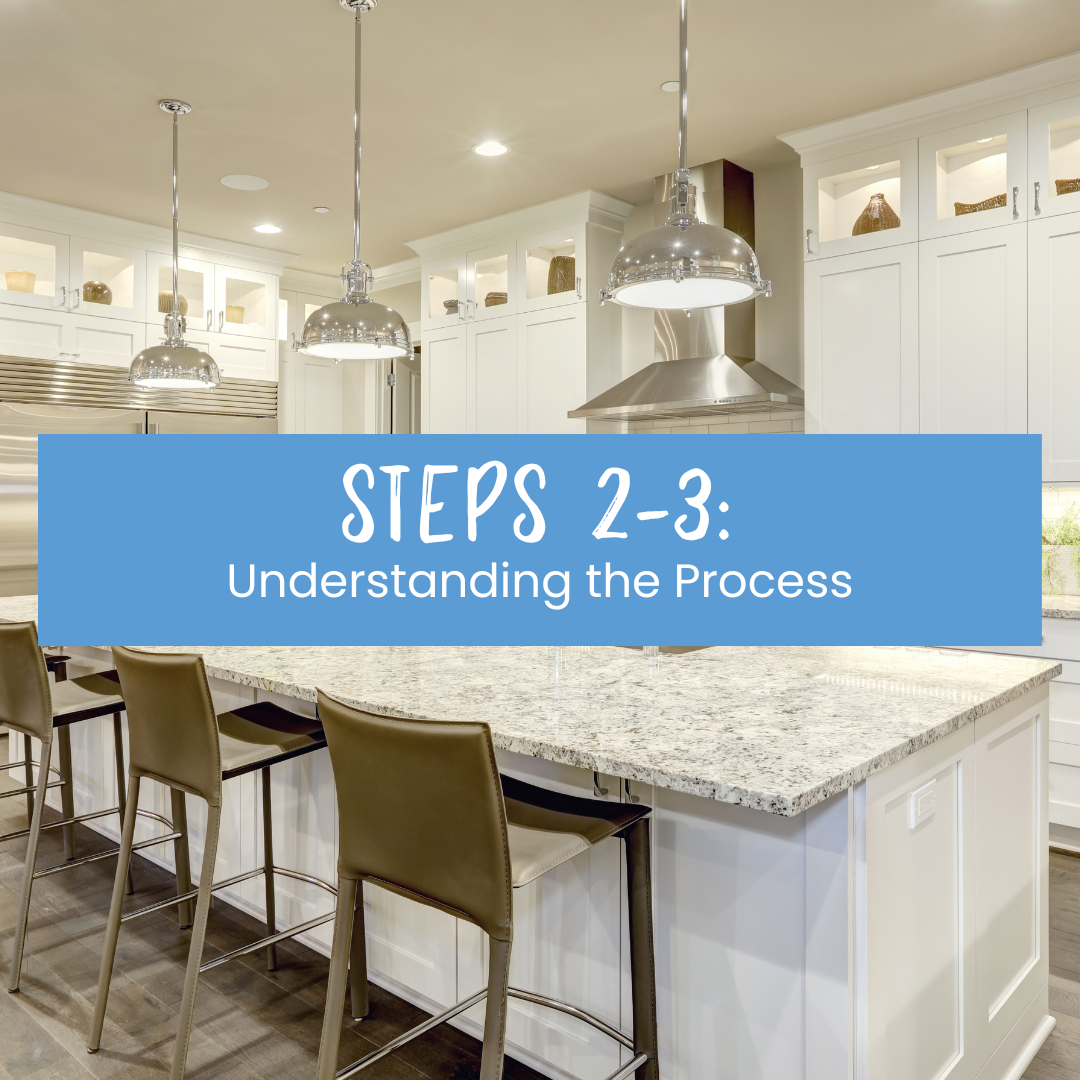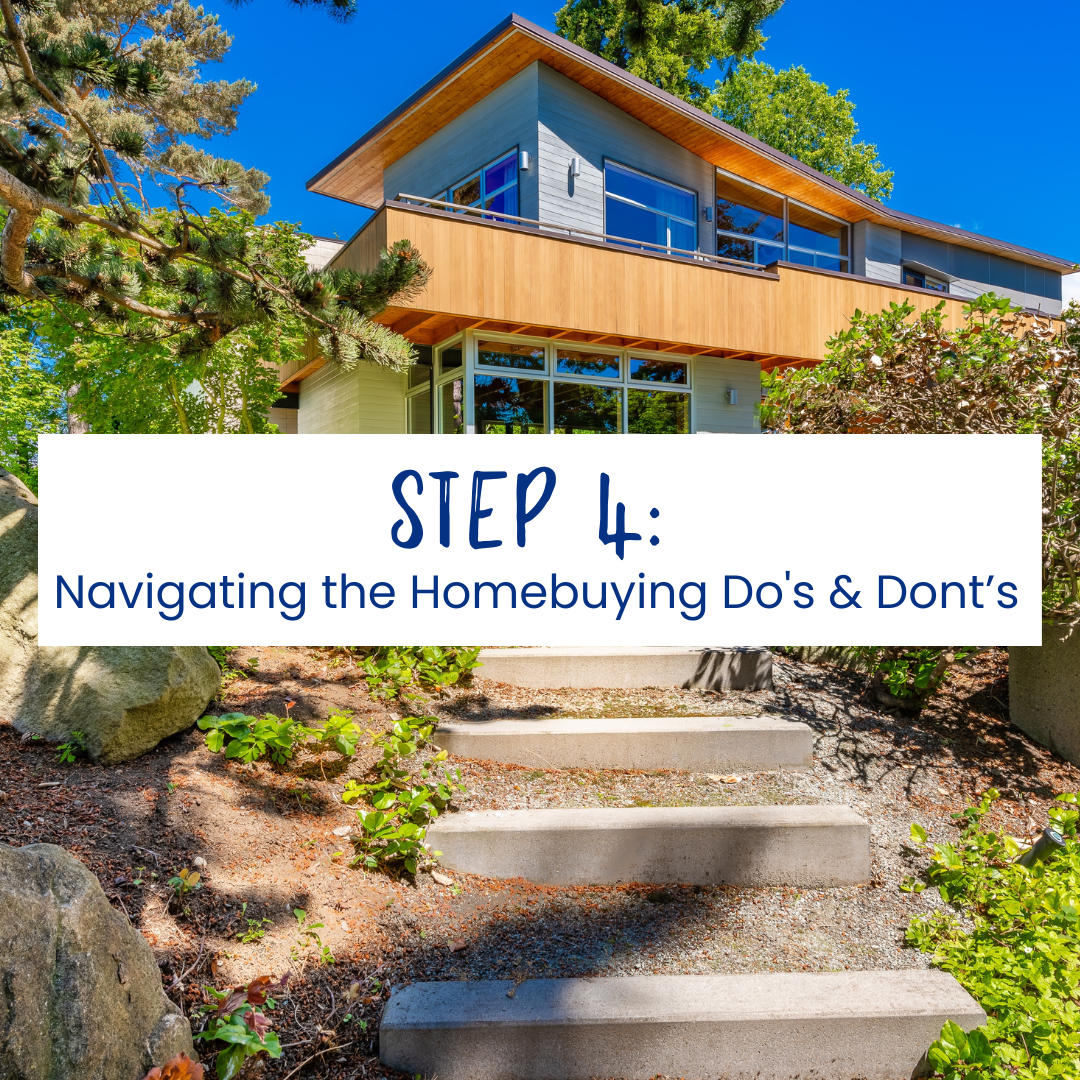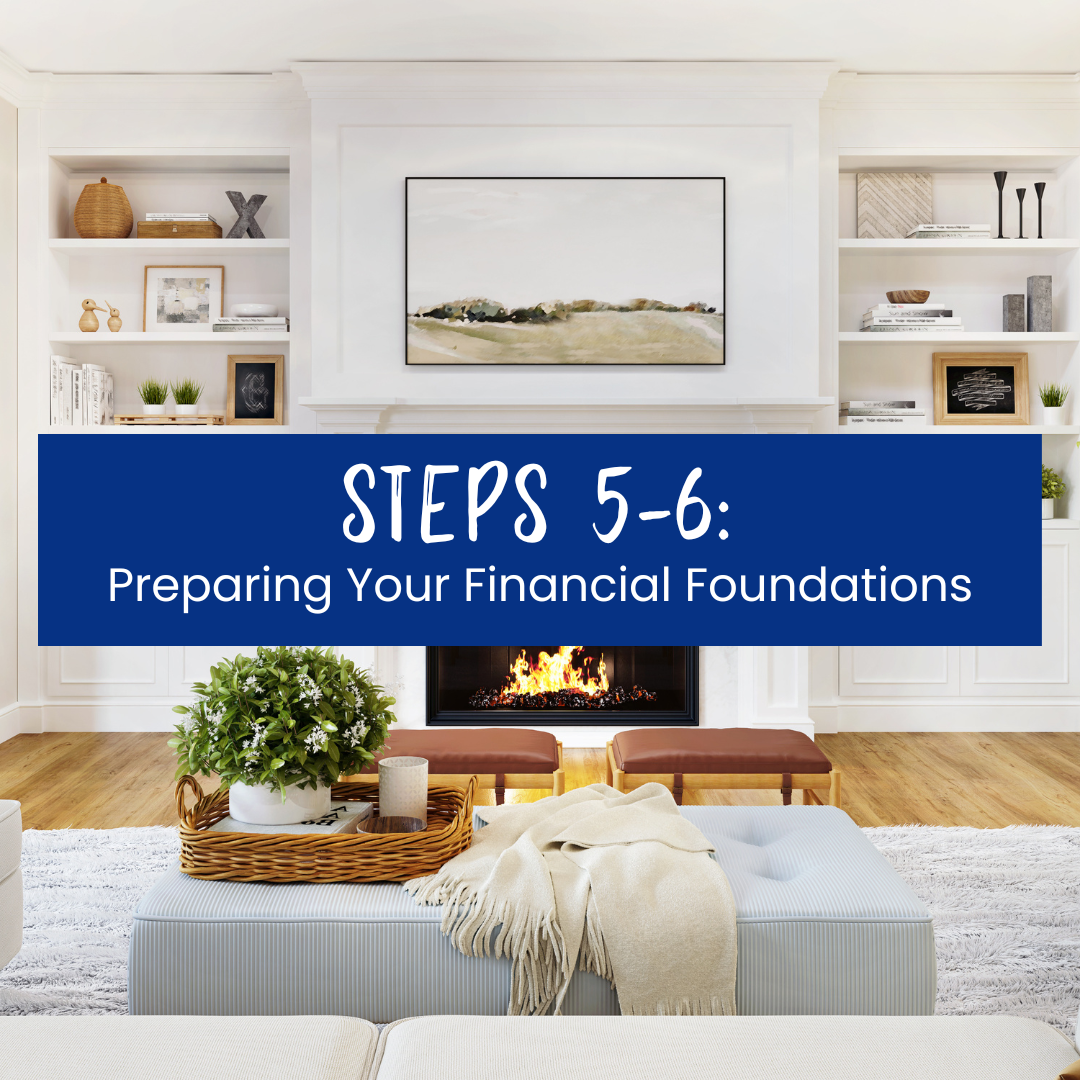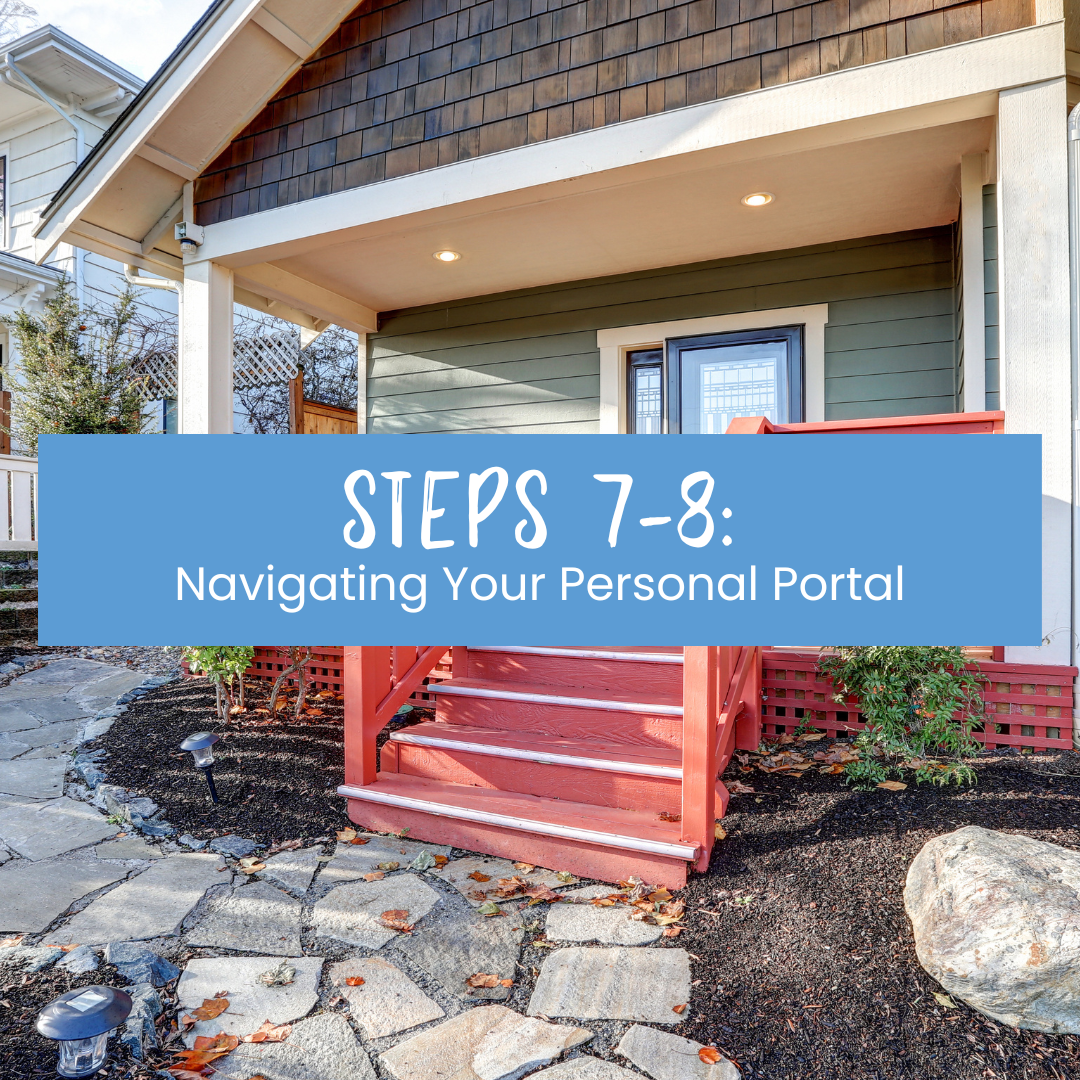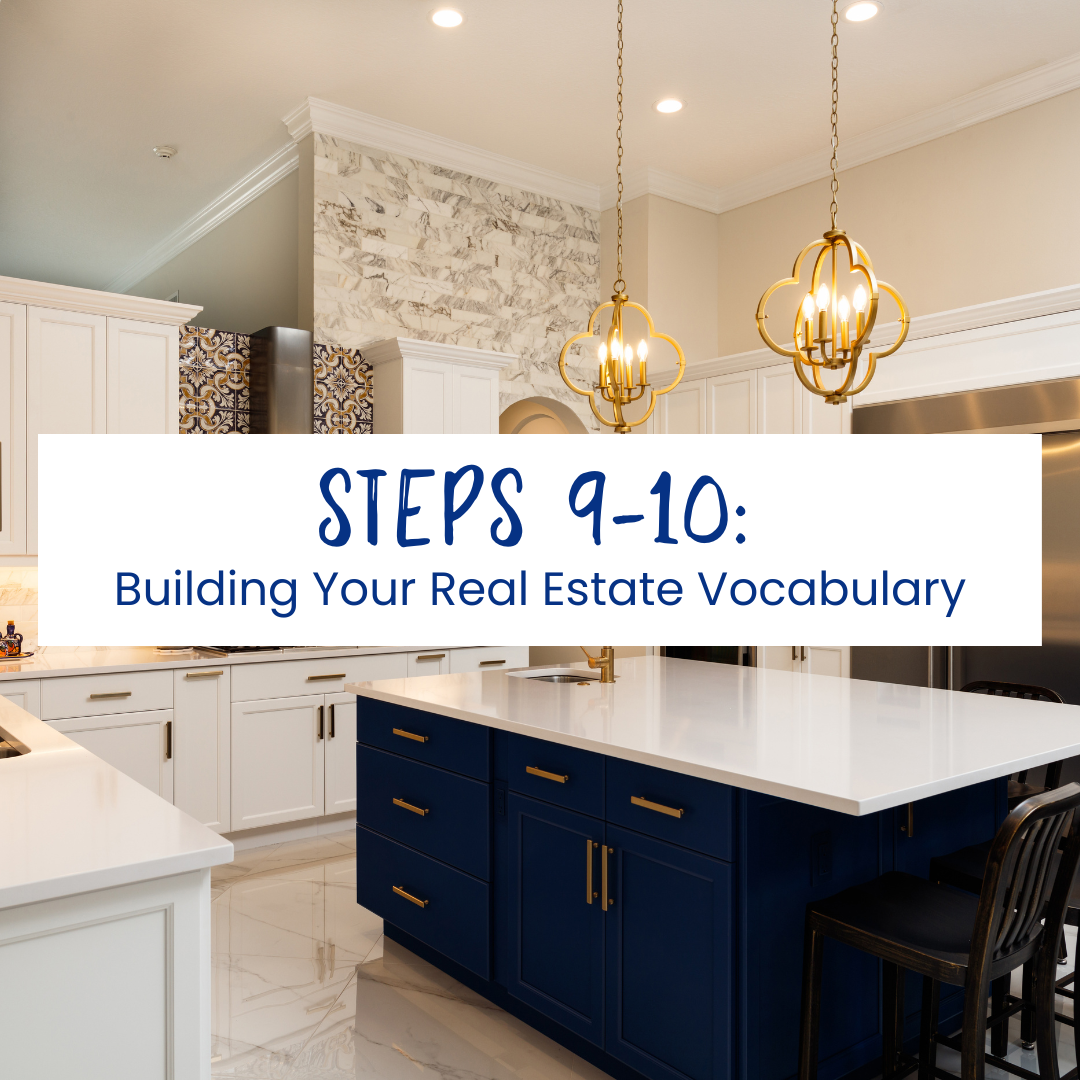Buying Steps 21-23: Preparing for the Next Steps

Step 21
What is the highest and best offer?
When a Seller receives multiple offers on their property, usually they will ask all interested Buyers to submit the highest and best offer by a particular time and date. The idea is that this is the highest amount the Buyer is willing to pay with the best terms possible. Usually, there is no additional negotiation other than perhaps asking the Buyer to change a closing date so interested Buyers should offer the maximum amount of money they are willing to pay for the property.
How do you put together the highest and best offer?
- There is a lot more than just purchase price in the highest and best offer. Here are some other items you need to consider when putting together this offer as well as strategies to help you win in the highest and best offer situation:
- Get your real estate team (your REALTOR® and Lender) on the same page to ensure a smooth transaction, particularly your Lender. You don’t want to find out that you can’t qualify for the amount of money you’re offering if you go above the list price.
- Mortgage pre-approval: if you’re using a mortgage, make sure you have an up-to-date pre-approval, which will be submitted with your offer.
- Flexibility: if possible, try to have a short closing day (30 days or less with a mortgage and 14 days or less with cash) unless the Sellers have a specific closing date in mind and limit your contingencies (i.e., if you have a house to sell before this purchase). The cleaner the offer, the higher your chance of having your offer accepted.
- Don’t be too picky: Sellers want to work with a straightforward Buyer. Talk with your REALTOR® and come up with reasonable requests. For instance, we don’t suggest asking for a home warranty if you’re in a multiple-offer situation.
- Consider A Pass/Fail Inspection, it means you do an inspection but won’t ask the Sellers to make any repairs. You agree to buy the property “As-Is”. After the inspection, you can still decide to walk away if you are not comfortable with the inspection results, but you won’t ask the Sellers to fix anything if you choose to move forward with the purchase.
- Have your Lender call the Seller’s Broker and assure them that you are a highly qualified Buyer and won’t have any issues qualifying for the Loan.
- Write a Seller love letter telling the Seller about yourself and why this is the perfect home for you.
- Consider a price escalation addendum.
Why do Sellers ask for the highest and best offer?
It gives all bidders an equal opportunity to have their offer considered, and it shows how committed a Buyer really is.
Questions? Contact us at andi@andidyer(dot)com or 360-734-6479.
Step 22
What is a price escalation addendum?
This price escalation addendum let’s a home Buyer say, “I will pay X price for this home but if the Seller receives another offer that is the same as mine, I’m willing to increase my offer by X price. However, it should not exceed X price.”
Here’s an example:
Buyer A offers $145,000 on a home with an escalation addendum that states, in the case of multiple offers; increase Buyer A’s offer by $5,000 and the maximum escalation is $150,000.
Buyer B puts in an offer at $147,500. Buyer A’s offer automatically goes up to $145,500. In the case of multiple offers; Buyer A’s offer will increase by $500 increments until the maximum escalation of $150,000 is reached.
There are pros and cons to using this. The downside is you “tip your hand” and let the Seller know the maximum you are willing to pay for the house. The Seller could counteroffer with your maximum price. It gets complicated when factoring in credits to the Buyer and Seller.
Why use a price escalation clause?
This escalation addendum attempts to protect a client from overpaying. It states that you are only paying X amount more than the next highest offer and ONLY kicks in when other offers are not contingent on anything. It also protects the client as it gives the Buyer a better chance of saving money and prevents them from having to go up to the highest bid.
*It’s important to know that not every agent will accept a price escalation addendum.
When to use a price escalation addendum?
Price escalation addendums can be used during multiple offer situations and lets the Seller know the Buyers are really serious about pursuing the home. Remember, you should never pay more than what you are comfortable with. Also, keep in mind that in order for a price escalation addendum to kick in the Sellers have to show us the other offers. That way we know for sure the other offers exist.
Questions? Contact us at andi@andidyer(dot)com or 360-734-6479.
Step 23
July 2, 2019
What is earnest money? Depositing earnest money is an essential part of the home-buying process. It tells the real estate Seller you're in earnest as a Buyer, and it helps fund your down payment. The earnest money check is typically cashed and held in a title company trust account.
Without the requirement of earnest money, a real estate Buyer could make offers on many homes, essentially taking them off the market until they decided which one they liked best. Sellers rarely accept offers without the Buyers putting down earnest money to show that they are serious and are making the offer in good faith.
Assuming that all goes well and the Buyer's good-faith offer is accepted by the Seller, the earnest money funds go toward the down payment and closing costs. In effect, the earnest money is just paying more of the down payment and closing costs upfront. In many circumstances, Buyers can get most of the earnest money back if they discover something they don't like about the home during the inspection.
How much should you put down in the earnest money deposit?
The amount you'll deposit as earnest money will depend on factors such as the current market, what your real estate agent recommends, and what the Seller requires Washington is typically between $1000 – 5% of the offer price.
In some real estate markets, you may end up putting down more or less than the average amount. In a market where homes aren't selling quickly, the listing agent may note that the Seller requires only 1% or less for the earnest money deposit. In markets where demand is high, the Seller may ask for a higher deposit, perhaps as much as 2% to 3%. Your real estate agent may recommend that you are more likely to win a bid if you give the Seller a large deposit. The Seller may be willing to negotiate on the purchase price a little if you make a bigger good-faith deposit.
On the other hand, you may not want to put too much earnest money down. Coming up with that much money, and losing the use of it for weeks or months before the sales contract closes, may not be the best use of your cash.
However, you may wind up having to do some paperwork for your mortgage Lender, and the bank may want to verify the source of the funds for larger deposits of earnest money. It won't be a problem if you can show that you've had the money for at least 60 days.
When do you make an earnest money deposit, and who holds it?
In most cases, after your offer is accepted and you sign the real estate purchase agreement, the contract stipulates that you give your deposit to the title company. Always check the credentials of the title company and verify that the funds will be held in escrow. Never give the earnest money to the Seller; it could be difficult or impossible to get it back if something goes wrong.
After turning over the deposit, the Buyer's funds are held in an escrow account until the home sale is in the final stages. Once everything is ready, the funds are released from escrow and applied to your down payment.
Can you get your earnest money deposit back?
If the remainder remains in escrow, whoever holds the deposit determines whether you should get the earnest money back under the terms of the purchase and sale contract. Make sure that the purchase agreement covers how an earnest money deposit refund is handled.
To be on the safe side, make sure the purchase agreement contains contingency addendums that stipulate how a refund is handled (e.g., an inspection contingency protects the Buyer if the real estate fails a home inspection).
A financing contingency ensures that the earnest money is refundable, and the Buyer can get out of the transaction if he cannot get financing up until a certain date. Keep in mind that a pre-approval from a Lender does not guarantee a borrower can get a loan at mortgage rates they can afford. Even if a Buyer has a good credit score and is pre-approved for a mortgage loan, the Lender can still turn him down based on unforeseen factors such as the appraisal amount being too low. In such cases, a standard contingency allows Buyers to renegotiate the purchase contract or get their money back.
Questions? Contact us at andi@andidyer(dot)com or 360-734-6479.



